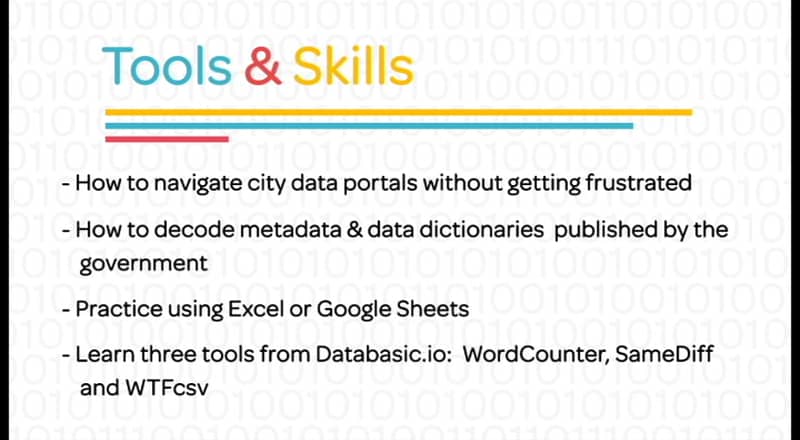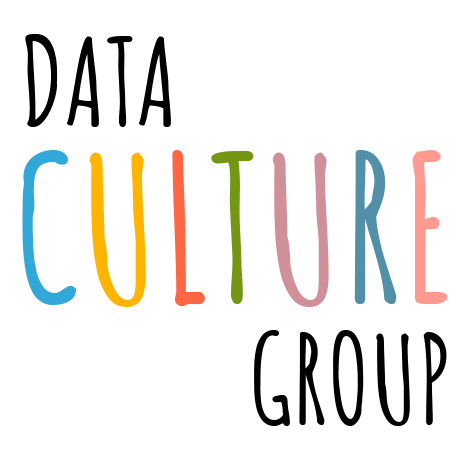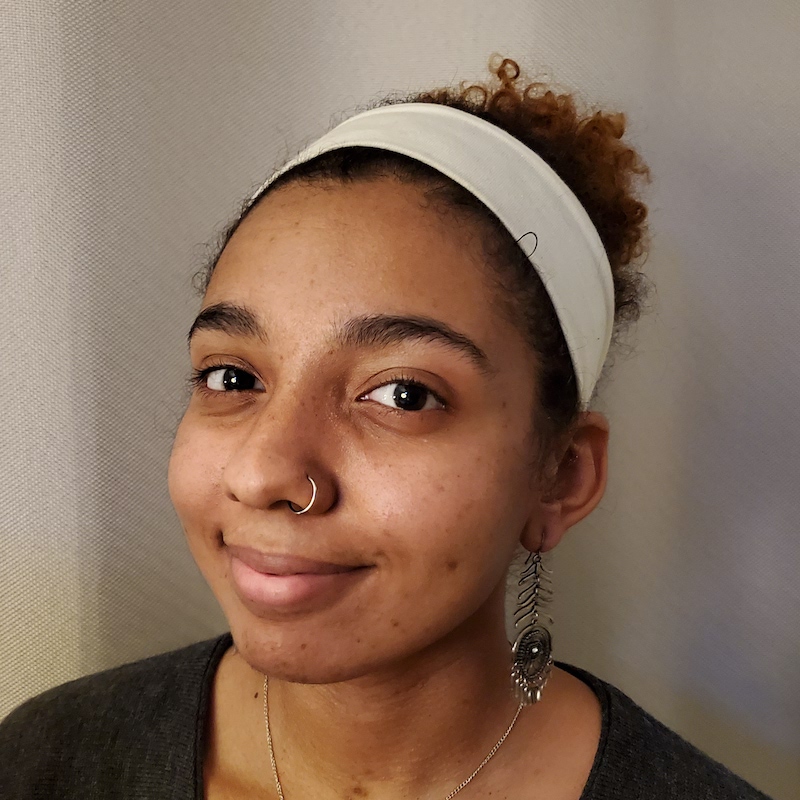Librarians are key connections between the public and information of all types, but how can we help them introduce civic data better? The Civic Data Ambassadors program was a six-week online course that taught librarians how to be ambassadors for open data in their communities. Launched by the Engagement Lab at Emerson University, it was led by Catherine D’Ignazio and Eric Gordon and featured Rahul Bhargava as a video trainer (you can still watch all the videos produced). This program was built around many of the first hands-on activities that are now part of our Data Culture Project toolkit. It was funded by the City of Boston. This short blog post revists that project and reviews some of the post-course feedback to explore what we learned from these Boston-area librarians about how they can help library patrons access and utilize data better.
“As a data ambassador I will now be able to help others in my community access important information that could help them make more informed decisions, fight for change and be active members of their communities.” - Civic Data Ambassador Participant

Building Knowledge of Where Data Are
“Where” is the question about data that our Civic Data Ambassadors were most likely to understand as being part of their role before starting the course. The “where” of data is its most concrete aspect: where are datasets located, and where is data located within those datasets? Several of our participants noted that they weren’t themselves familiar with the kinds of data offered via “Analyze Boston” (Boston’s open data portal) before the course, and the course gave them a confidence in the ability to direct library patrons to data that might be useful to their purposes. One of our participant librarians, in their post-course surveys, described the role of a Civic Data Ambassador as being to ”help students, researchers, and the public search for, locate, and reuse civic data,” another as to “connect people with a starting point as they seek transparent information from the city in which they reside.” These definitions demonstrate an understanding of the importance of being able to direct people to where the data is.
Learning How to Use Data
What many of our Civic Data Ambassadors understood from the course is that having data is only half the battle–as one of them succinctly put it, “open data, without data training is still essentially closed data.” Although having access to robust datasets is important, equally important is knowing techniques for how to analyze and use data, a process that isn’t always intuitive. Several of the participants noted that specific tools such as WTFcsv and WordCounter that they learned to use during the course were helpful resources for this aspect of their role. Definitions that reflected this aspect emphasized the role Civic Data Ambassadors play in helping people understand the contents of civic datasets, as well as “making them more confident in using data.” As one participant put it: “I knew this data existed but I didn’t know how to approach using it, and what tools I could use to tell a story with data.” When participants help people understand data, they’re helping them see data as a cohesive narrative–not just an assortment of numbers.
Understanding Why Data Can Help
This last aspect of participants’ understanding goes beyond where data can be found and how it can be understood into the story that data tells and the impacts that it has. Several of our Ambassadors understood the “whys” of the data they share as being vital to different aspects of civic life–from creating “free and open democracy” to “shap[ing] the future of the City of Boston.” This category also includes awareness of the background of the datasets, and acknowledgement that data doesn’t come from nowhere. One participant said the following: “I learned so much about how to teach and guide others in the world of data, but also some of the decision-making that goes into each civic […] dataset.” Understanding the origin of data can be as important to its understanding as the tools we use to analyze it.
Next Steps
Across all these aspects of the role of a Civic Data Ambassador, based on both self-rating and qualitative comments made at the conclusion of the program, we saw participants evolve both in their understanding of how they can serve people seeking data in their libraries and in their confidence in their own abilities to help patrons with their data needs. We strongly believe librarians can help, and are helping, patrons navigate public data sources to support their community needs and goals. The high-level findings from this program inform potential next steps to take as we reach out to more library programs and we hope to continue collaboratively designing programs to expand librarians’ abilities and toolkits to act as “Civic Data Ambassadors”.


